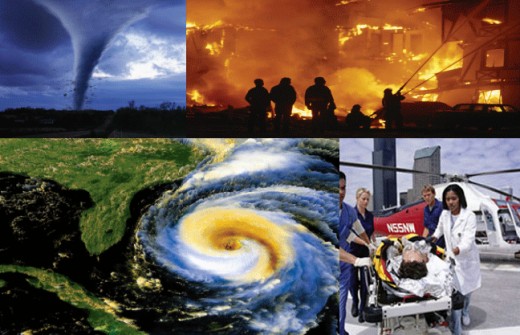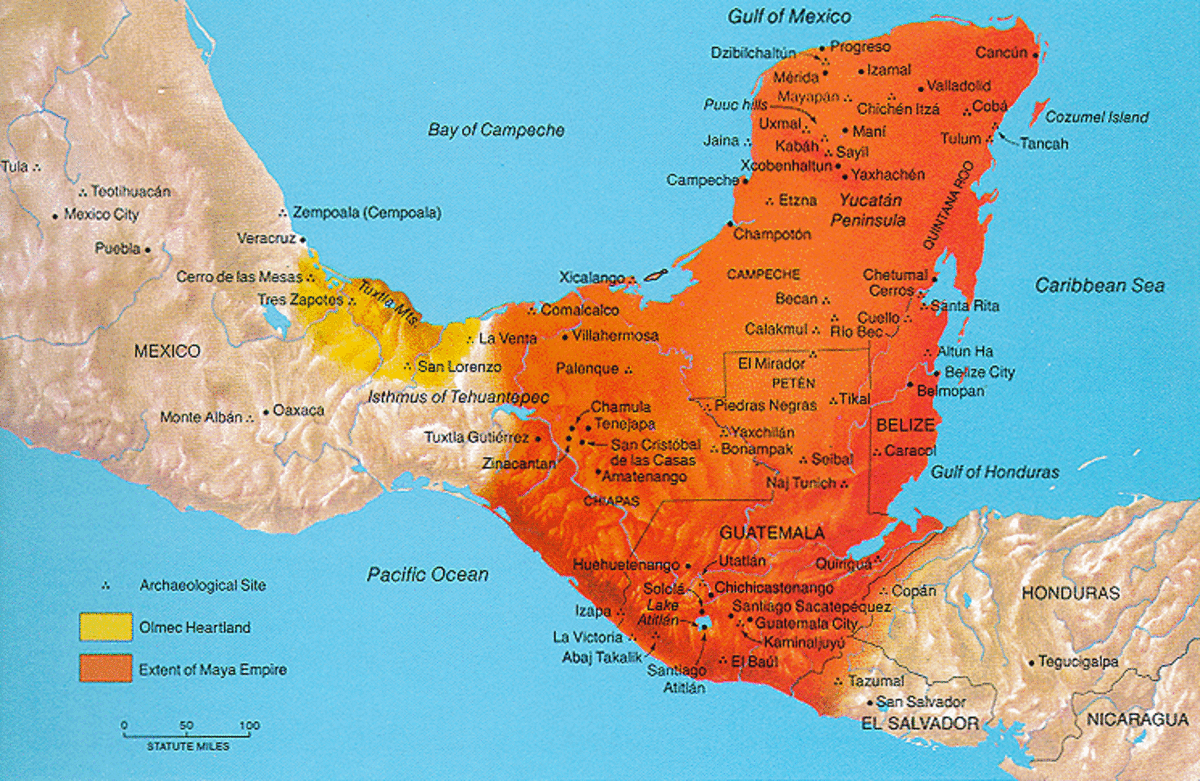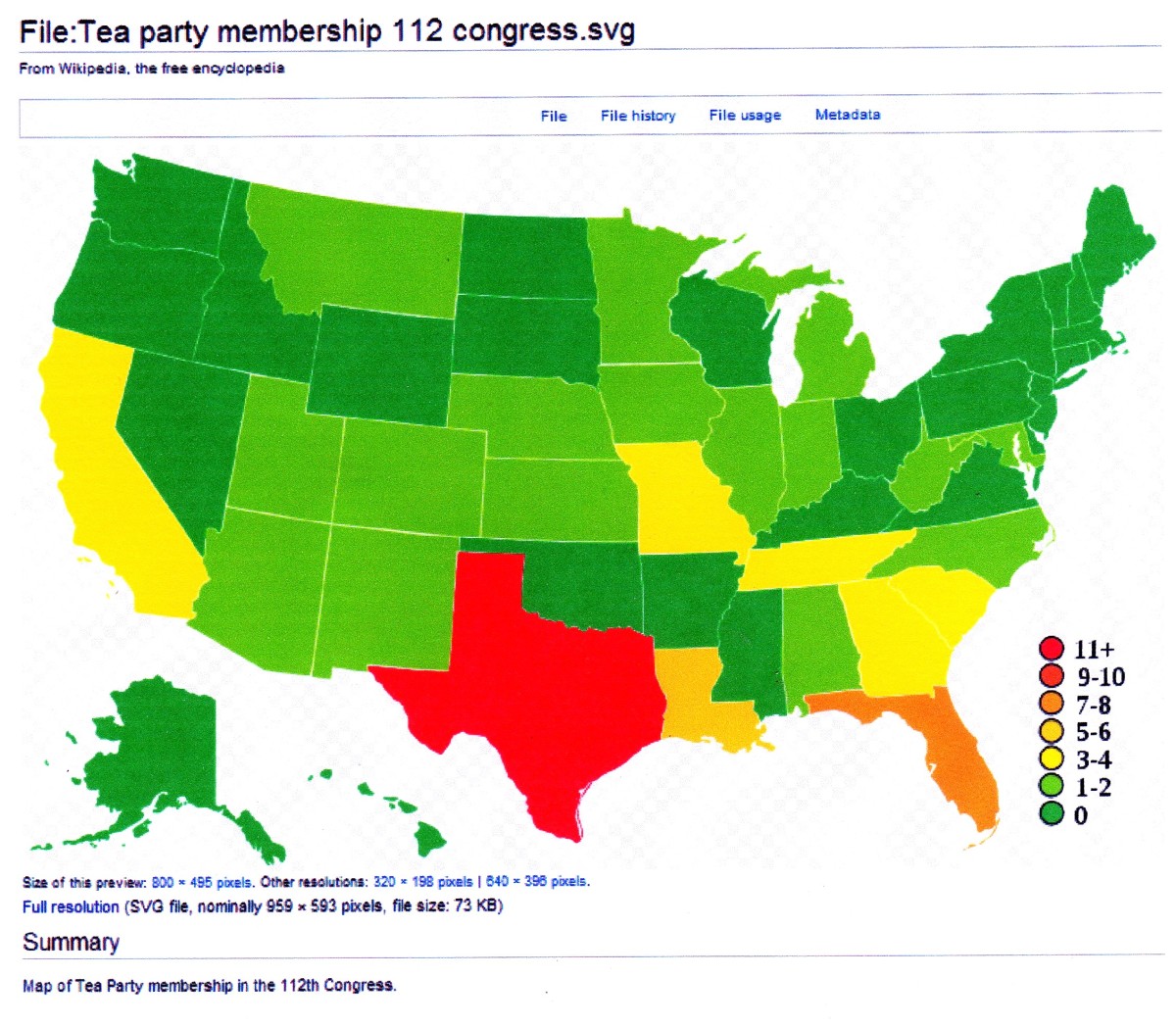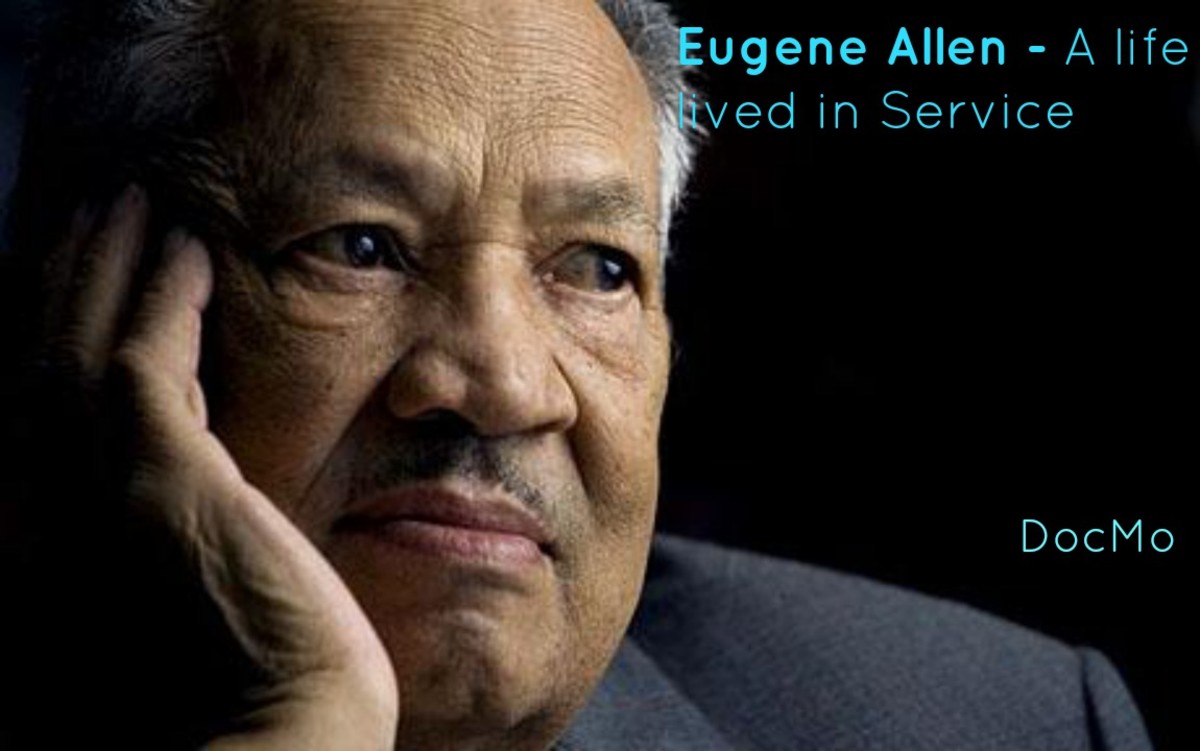Gulf Response

By: Wayne Brown
ASSESSMENT:
The oil spill in the Gulf waters continues to flow now over fifty days into this fiasco. The finger pointing, the assignment of blame, the name-calling, the mud-slinging has consumed about as much energy as the true effort to gain control of this crisis. At the very least, it has provided a significant distraction from where the true focus should have been from the start.
The bottom line here is “we are where we are” and there is no one else to do anything about it except us, as a country. We must save ourselves. In order to do that, we have to regain some order and priority in the process. When the flow has been stopped, the waters and the coastal areas and wildlife are cleansed, and good people are back to work and in pursuit of their daily lives, then we can have this discussion as to who did what to whom. Until then, it has no productive place in this process.
BACKDROP:
America has seen its share of critical situations and America has also been spared many of the disasters suffered by others who inhabit this earth. Some of what we have experienced has been driven by nature in the form of tornadoes, hurricanes, earthquakes, and erupting volcanoes. Others have been man-made and resulted from negligence, sheer accident, or terrorist plots.
In any case, we go through stages of the situation. In any case, we experience that initial shock for a period in which we ask ourselves and those around us, “What is going on here?” At first, no one is quite sure. All situations require some level of investigation to determine the source of the problem. We might remember the confusion that was experience in the first hours after the major earthquake in San Francisco a few years back or the stunning confusion we all felt after the first airplane flew into the Towers on 9-11. On the one hand we knew this was not good, but we really had no idea what it was at that point.
All situations take some amount of time to evolve to a level of awareness. Hopefully, we have responsible people in particular jobs who implement methods and procedures that will shorten the time to awareness and allow us to effectively address the problem at hand. This will never be totally the case because all problems come with some unique issues that require different types and levels of response.
MY THOUGHTS:
I lived in Washington State in the years from 1979 until 1985. I was there when Mt. St. Helens erupted and spewed hot mud and ash all over the landscape and into the atmosphere. For months and months, the scientists on scene had predicted an eruption yet they had not idea what the magnitude or effect might be. As the rumblings from the mountain increased, precautions were put into place. Roads were closed. People were kept away from their homes in the area. Tempers flared. No matter how hard officials tried to explain the potential pending disaster that could take place here, people demanded that precautions be relaxed. They demanded to return to their homes and their lives. This is somewhat understandable in that people want to go about their life without impairment. We can all deal with some inconvenience for a short period but we wear thin quickly if it extends over long timeframes as it did with St. Helens.
When the mountain did erupt, people died. People died needlessly because they demanded and received access to areas around the mountain that were in dangerous proximity. They died because they could not imagine the potential release of energy in an eruption of this living volcano. In the end, in our democratic world, officials could do little to stop their death. I did not know a lot of people in the Northwest at that time but surprisingly I did know one of the fifty-plus people killed. He had gone into the region that became the blast face of the eruption. He went there to cut firewood. His death was needlessly caused by risking his life in the face of a volcano to cut firewood.
As predicted, St. Helens erupted. Still, it created a mass of confusion that took hours and days to sort out. It created questions, finger-pointing, and assigned blame because issues arose from the incident that no one could predict. The enormity of the blast was beyond the comprehension of those who predicted it and those who witnessed it. Thus, some time elapsed that was required to absorb it before a reaction was forthcoming.
We can review the 9-11 attacks and see similar characteristics. President Bush was referred to as a coward and an ineffective leader because he did not immediately return to Washington. Those who would criticize his actions had no real awareness of the chaos that existed in Washington at the time. No one was even sure that Washington was a “secure environment” for the President. It took some time to sort it out and to understand the situation well enough to respond to it.
The same is true for the oil spill we currently have in the Gulf. Initially, BP had a deep-water platform that suffered an explosion and was on fire. That requires one level of response. Then, it became obvious that people had been killed, some the crew had perished and some were injured. Now, we have a different set of circumstances and a more complex response is necessary. Finally, there is awareness that the explosion has set loose a gusher of oil in the deep sea waters. Now the response is far more complex, totally different in scope and impact. Again the approach must change and different actions must be taken. Given all of these things at once in a short timeframe, it is easy to see how a company, any company, could quickly become overwhelmed and possibly fall behind in their response capability.
From the government perspective, there are similar characteristics. We cannot respond until we know what we are responding to and that takes some amount of time to properly assess. In this case, once the assessment was made, the government was slow to act if they acted at all.
Ultimately, situations such as the current one in the Gulf require a response that is logistically complex to say the least. Manpower and equipment must be summons. Both may be hours and days away. Some of the equipment may be so specialized that it requires hours or days to assemble and implement into the operation. Beyond those considerations is the coordination of parallel response or trying to address more than one problem at a time. In this case, we have death, injury, a fire to quell, a gushing oil pipe 5000 ft below the surface of the ocean, and a rapidly expanding oil slick that will threaten both the ecosystem and the welfare in a matter of days. All will require an immediate response. All will require a different response. No aspect of it will be easy.
AFTERMATH:
I have not written this article as a defense of BP or the Obama Administration. I do not elect to defend the behavior of either one. Suffice to say, the response to date of both parties has not adequately addressed the concerns of those who will be greatly affected by the outcome, the residents of the Gulf Coast and to a greater extent all citizens of America.
Like past tragedies, this one has been and is being responded to in some way. History will decide whether those responses were both adequate and proper given the situation. In the end, I think both BP and the Obama Administration will be boldly criticized for poor communications both internally and externally, for slow logistical response, for a lack of compromise in terms of environmental impact, for the low level of initiative in attempting new ideas, for the lack of effort in terms of seeking assistance or advice from outside sources or other countries, and for allowing this tragedy to play out in the political arena of America.
As citizens of America, we can all be quite sure of one thing. Even if the spill is capped tomorrow; even if the coasts are rapidly cleaned up; even if the wildlife is spared a minimum bruising; even if livelihoods are restored, there will be greater injustice done as a result of this situation. This unfortunate situation will stand as the precursor and justification for those who will uniformly attack the entire oil and gas industry in the USA. The industry will be unjustly burdened with red-tape, regulation, and requirements to spend undue amounts of money all in the name of this never happening again. And none of it, none of it will offer a promise on that which can be delivered by those desiring it. In the end, all it will amount to is a significant increase in the price of the products at the pump to the consumer…the average American citizen.
This spill must be dealt with and one way or the other, it will be. But beyond the consequences of this spill, we, as Americans, we as a public, must hold our officials accountable to the fact that we do not need to see a shotgun approach to a big-government salving of this wound. We need to use our common sense and act responsibly.
© Copyright WBrown2010. All Rights Reserved.








